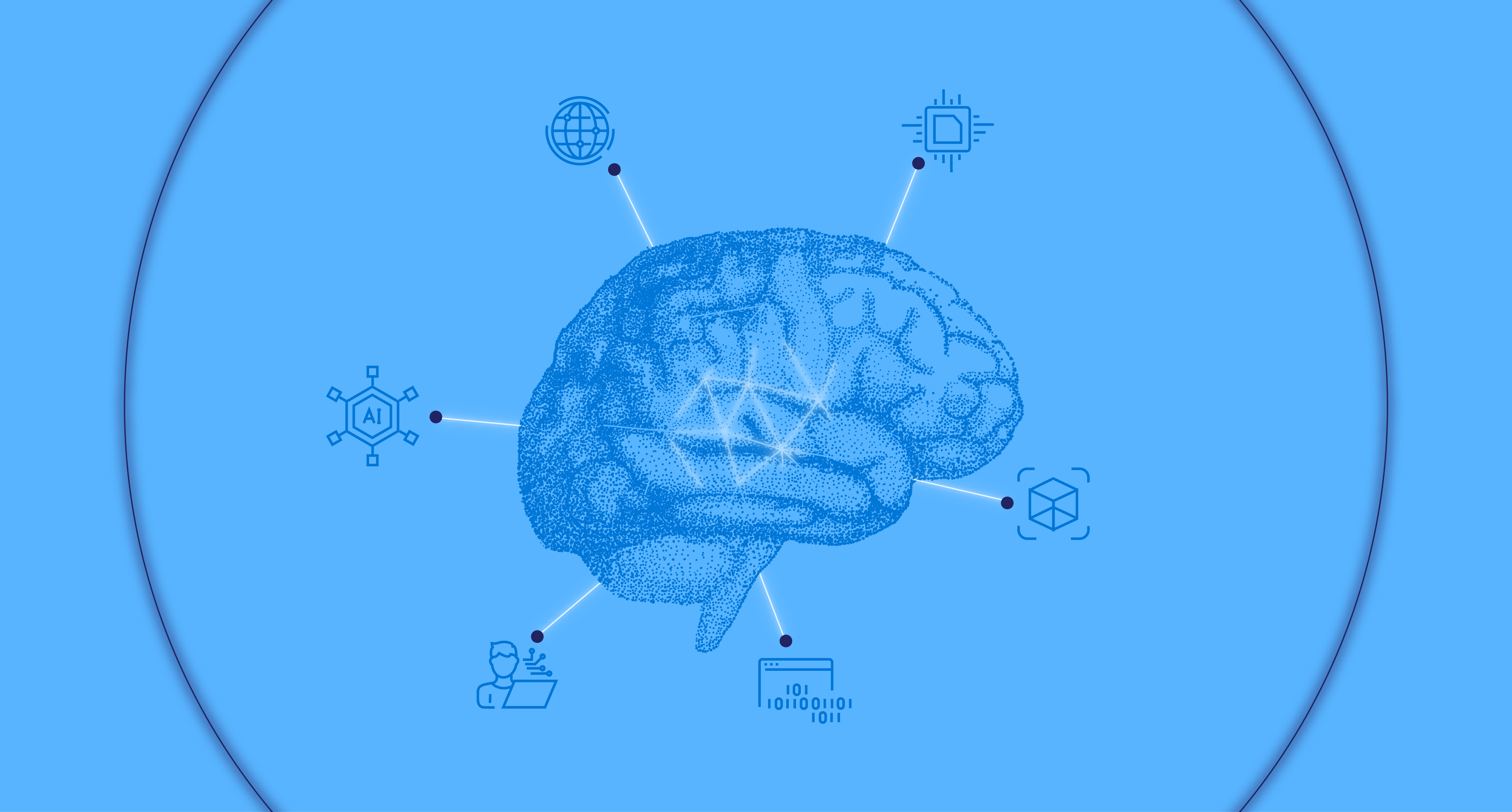
After two years of impact, the U.S. Digital Corps is ready to hire its third cohort
Post filed in: Technology
The important role that fellows in the U.S. Digital Corps (USDC) are playing across 19 federal agencies is being expanded, as GSA prepares to hire its third cohort of fellows just two years after the program’s creation.
To date, close to 90 USDC fellows have contributed to high-impact projects including improving the public’s experience with government and modernizing our nation’s public health system. Fellows span five technology “tracks”—software engineering, data science & analytics, product management, design, and cybersecurity. USDC announced this week that applications for its 2024 cohort will open on Monday, Nov. 6.
USDC was recently included as a key part of the National Artificial Intelligence (AI) Talent Surge in President Biden’s executive order on AI and will recruit for AI and AI-enabling fellows as part of its data science track this year.
Making a difference one fellow at a time
Standardizing safety and wellbeing follow-up calls for migrant children:
Two USDC fellows—a product manager and a designer—conducted a five-week research and design sprint for the Administration for Children and Families (ACF) in the Office of Refugee Resettlement (ORR). Their goal was to standardize the follow-up survey asked to unaccompanied children and their sponsors after a child leaves ORR care.
Using data science and artificial intelligence to support veterans’ healthcare:
Two USDC data scientists are working at the National Artificial Intelligence Institute at the Department of Veterans Affairs to improve hospital operations, efficiency, clinical flow, quality and safety, patient care, health outcomes, and veterans’ experience using data science and artificial intelligence.
Leveraging data to support the emergency release of Nicaraguan political prisoners:
Amid years of suppression, the Nicaraguan government released 222 political prisoners to travel to the U.S. on Feb. 9. Shortly after their departure they were stripped of their citizenship, rendering them stateless. The Department of State, in collaboration with other federal agencies, NGOs, and the commonwealth of Virginia, quickly mobilized a task force in response to the humanitarian crisis.
Three USDC fellows joined the data task force to manage the data analytics component of the operation. Fellows worked directly with the 222 following their arrival in the U.S., as well as in the State Department Operations Center—which serves as the department’s communications and crisis management center, on three areas of focus:
- Contributed to the development of an in-flight and on-the-ground passenger intake form to identify individuals’ medical and accessibility needs, as well as pre-existing family and community relationships in the U.S.
- Contributed to the daily production of reports for the State Department and White House, ensuring reporting metrics provided detailed status updates on parolees throughout the process.
- Developed family reunification and community reintegration reporting criteria.
By leveraging interbureau and interagency cooperation, the prisoners connected with onward support from family, friends, community volunteers, and/or NGOs within a week of their departure from Nicaragua.
Enhancing health equity by bringing the experiences of people with Long COVID to the forefront of defining solutions:
A USDC design fellow supported the creation of the Health+ Long COVID Report, highlighting the experiences of people with Long COVID and defining solutions. The fellow helped lead a research team that completed over 1,000 hours of interviews and four workshops, all designed to listen and learn from people who are or were affected by Long COVID, caregivers, and practitioners.
The Health+ Long COVID Report is part of a broader effort to improve patient outcomes by bringing together those with Long COVID and U.S. Department of Health and Human Services to co-create solutions as equal partners. The goal is for clinicians, policymakers, government agencies, public health practitioners, and support services to better understand how to help this important and growing community across the U.S.
How do I become a fellow?
USDC applications will open on Monday, Nov. 6. To prepare, review USDC’s resume best practices resources, application process, and register for an upcoming info session.
Applications can be submitted through the USDC website.
USDC is just one of many great programs making a difference in government through technology at GSA. If you would like to find out about other opportunities to make an impact, check out the current job listings and learn about opportunities with the Technology Transformation Services and Presidential Innovation Fellows (PIF). As part of the National AI Talent Surge, PIF is currently looking for talented senior leaders who can enable the advancement of AI across government. Applications for AI-focused fellows will be accepted through Nov. 17.
For the latest USDC announcements, news, and updates, subscribe to the newsletter and follow USDC on social media.

 U.S. General Services Administration
U.S. General Services Administration
